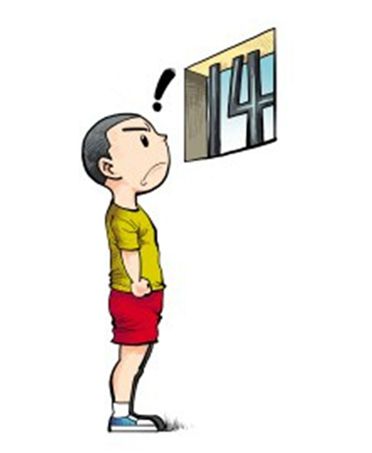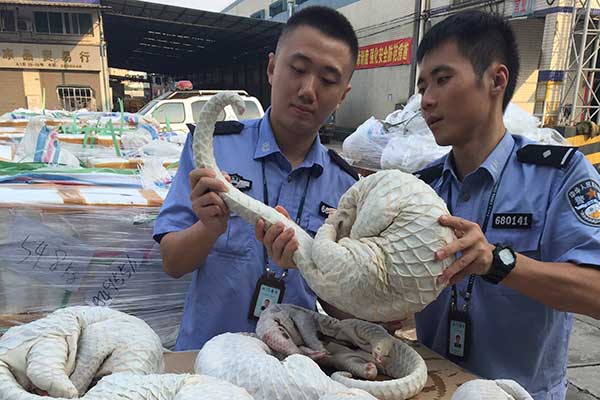Amid global paradox, solutions that unify economic and social progress needed – UN labour chief
20 February 2017 – Highlighting that many around the world are left out from being able to benefit from global prosperity dividends and that even flourishing societies are seeing inequalities widen, the head of the United Nations labour agency today called for solutions that can bring economic growth combined with social progress.
In his message on World Day of Social Justice, UN International Labour Organization chief Guy Ryder also underlined that the feeling of absence of social justice: children without secure futures, parents without decent jobs and a general feeling of abandonment, have grave consequences not only for communities and societies, but for economies as well.
“We need solutions that lead away from conflict and towards recovery, to economic growth with social progress, solutions that build institutions girded by labour standards that guarantee rights at work,” said Mr. Ryder.
“In an interconnected world this is a global agenda and a global responsibility,” he added.
Marked this year with the theme ‘Preventing conflict and sustaining peace through decent work’ the Day calls upon the international community work towards eradicating poverty, promoting full employment and decent work, gender equity, and access to social well-being and justice for all.
Mr. Ryder also stressed that lack of decent jobs and the fear that aspirations for a better life will remain unfulfilled multiplies people’s worries, leaving young people without a “stake in society.”
Urging for the formulation of policies that can deliver the decent work opportunities given their importance for the stability and success of societies, he added: “[The words] Si vis pacem, cole justatium: ‘If you seek peace, cultivate justice’ […] are as compelling today as they were when written nearly one hundred years ago when the world was emerging from the ravages of war.”
In 2007, the UN General Assembly proclaimed 20 February as World Day of Social Justice, inviting Member States to promote national activities in accordance with the objectives and goals of the World Summit for Social Development and the twenty-fourth special session of the General Assembly.
Also today, UN independent human rights experts underlined everyone’s right to a standard of living that ensures adequate health and well-being for themselves and their families, including access to food, clothing, housing, health care and social services.
“The Universal Declaration of Human Rights, which sets out these rights, also makes clear that all people are entitled to a social and international order in which their rights and freedoms can be fully realized,” said Alfred de Zayas, UN Independent Expert on the promotion of a democratic and equitable international order; and Idriss Jazairy, UN Special Rapporteur on the negative impact of the unilateral coercive measures on the enjoyment of human rights.
They also underlined that the 2030 Agenda for Sustainable Development and its 17 Sustainable Development Goals (SDGs) include commitments to eradicate poverty, provide clean, affordable energy, promote peaceful and inclusive societies, and implement nationally appropriate social protection systems for all, including social protection floors.
![The China Food and Drug Administration. [File photo/Xinhua] The China Food and Drug Administration. [File photo/Xinhua]](http://images.china.cn/attachement/jpg/site1007/20170220/001fd04cf03a1a14ab4b01.jpg)

